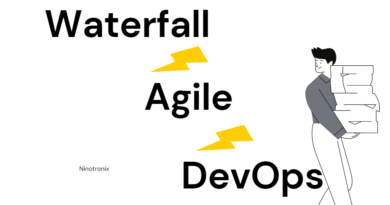Salt stack cheatsheet
Command Line Interface (CLI) Commands
salt <target> <function> [arguments]: Runs a function on one or more Salt minions.salt-key [-L] [-A <keyname>] [-D <keyname>]: Manages Salt minion keys.salt-call <function> [arguments]: Runs a Salt function locally on the Salt master.
Basic Salt States
pkg: Manages software packages on minions.file: Manages files and directories on minions.service: Manages system services on minions.user: Manages users and groups on minions.
Jinja Templating Language
{% if <condition> %}: Conditionally includes or excludes content based on a given condition.{{ <expression> }}: Outputs the value of a given expression.{% for <item> in <collection> %}: Iterates over a given collection and includes content for each item.
Pillar Data
- Pillar data is used to provide configuration data to Salt minions.
- Pillar data is stored in separate YAML files and can be targeted to specific minions or groups of minions.
- Pillar data can be encrypted for added security.
Grains
- Grains are system-level information that are collected by Salt minions and stored on the Salt master.
- Grains can be used to target specific minions based on their system characteristics (e.g. OS, CPU architecture, etc.).
- Grains can also be used in Salt states and Jinja templates.
Modules
- Salt modules are functions that can be executed on Salt minions.
- Salt modules can be written in a variety of programming languages, including Python, Ruby, and Bash.
- Salt includes many built-in modules, and additional modules can be created and shared by the Salt community.
Highstate
- The Salt Highstate is a collection of Salt states that are applied to a group of Salt minions.
- The Highstate can be used to ensure that a group of minions have a consistent configuration.
- The Highstate can be executed manually or scheduled to run at regular intervals.




